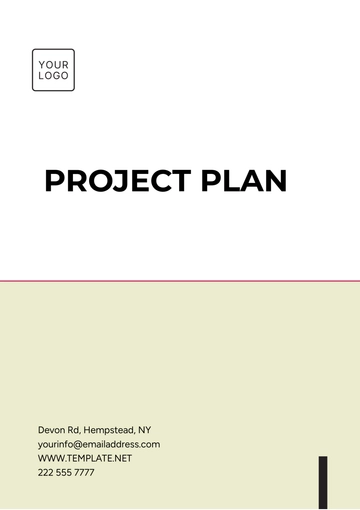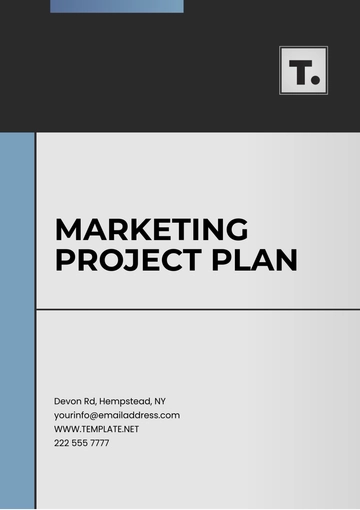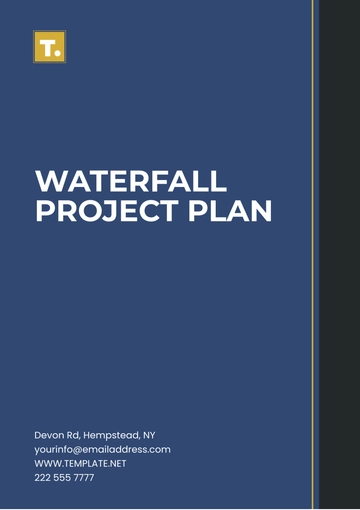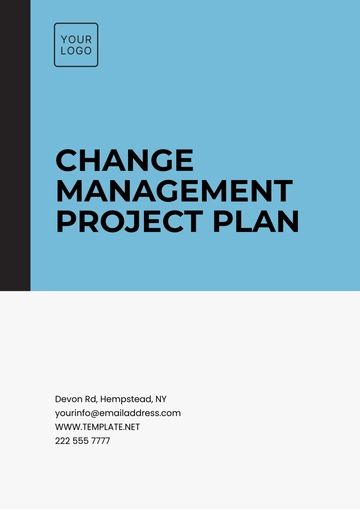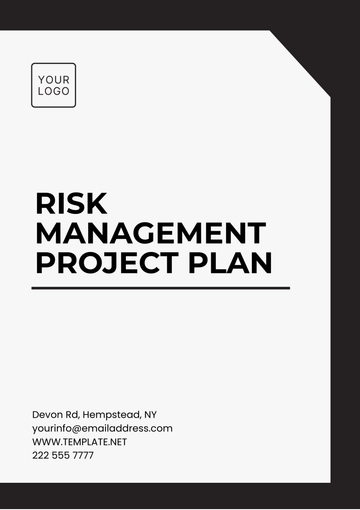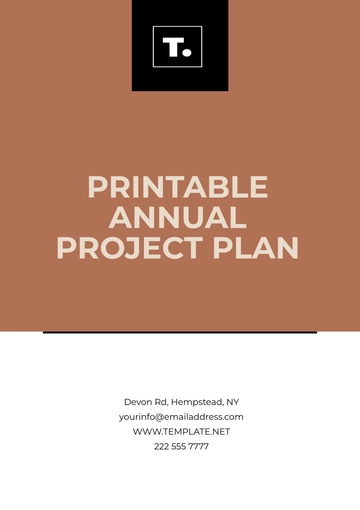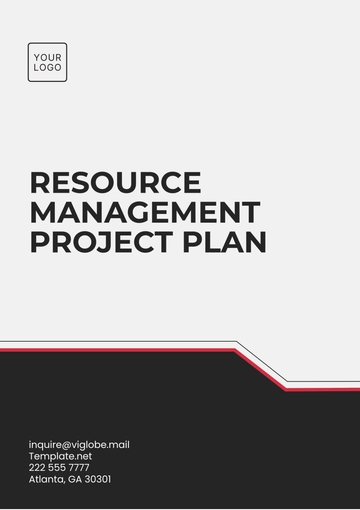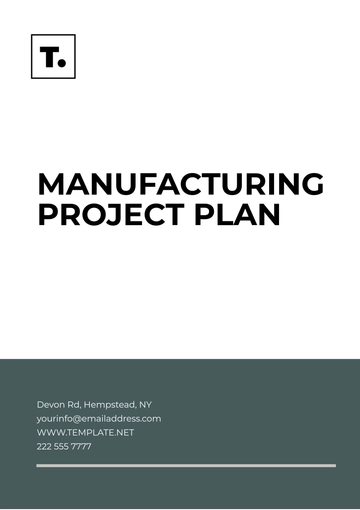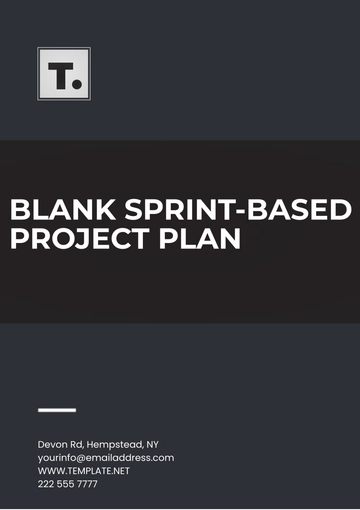Free Site Remediation Project Specification
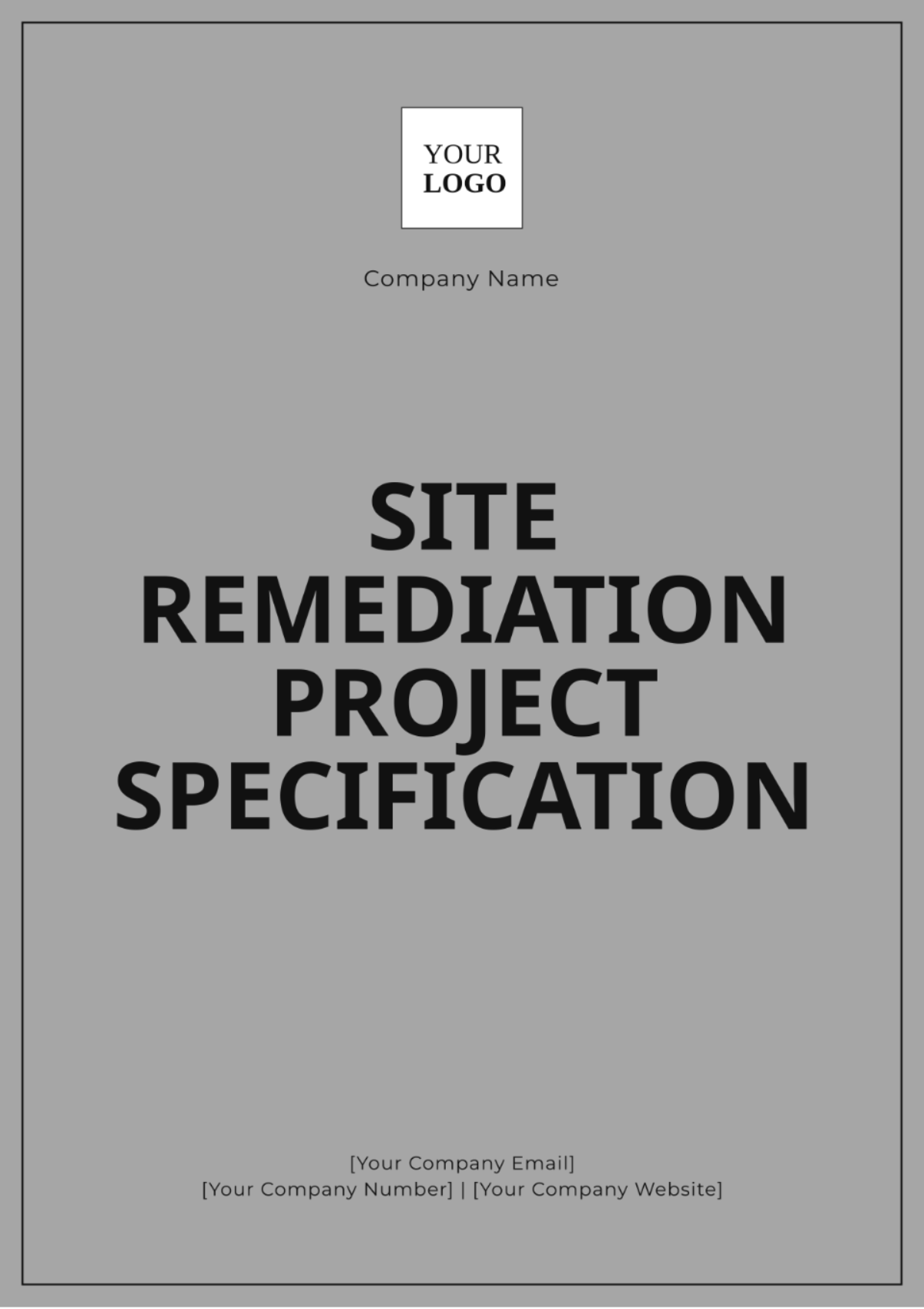
Prepared By: [YOUR NAME]
Date: [DATE]
I. Introduction
This document outlines the project specification for the remediation of a contaminated site. The aim is to clean and restore the area to make it safe for future use. This specification includes technical guidelines, safety protocols, regulatory compliance measures, and quality assurance procedures necessary to address environmental hazards effectively.
II. Site Assessment
A comprehensive site assessment has identified the following contaminants and their levels:
Contaminant | Concentration (mg/L) | Regulatory Limit (mg/L) |
|---|---|---|
Lead | 50 | 15 |
Arsenic | 20 | 10 |
Mercury | 2 | 0.2 |
These levels exceed regulatory limits and require immediate remediation.
III. Regulatory Requirements
The remediation project must comply with the following laws, regulations, and standards:
Resource Conservation and Recovery Act (RCRA): Governs the treatment, storage, and disposal of hazardous waste. Ensures that all waste management practices comply with the requirements for hazardous waste handling and disposal.
Comprehensive Environmental Response, Compensation, and Liability Act (CERCLA): Also known as Superfund, this Act mandates the cleanup of sites contaminated with hazardous substances. It outlines the processes for identifying responsible parties and ensuring the cleanup of contaminated sites to protect public health and the environment.
Clean Water Act (CWA): Regulates discharges of pollutants into U.S. waters and sets water quality standards. Ensures that all activities related to water contamination are managed to prevent pollution and protect water resources.
State and Local Environmental Regulations: Complies with specific state and local laws that may include additional requirements or stricter standards than federal regulations. This includes obtaining necessary permits and adhering to state-mandated procedures for site remediation.
Occupational Safety and Health Administration (OSHA) Standards: Ensures worker safety through regulations that cover personal protective equipment (PPE), exposure limits, and safety protocols. All remediation activities must follow OSHA guidelines to protect workers from hazards associated with the site.
IV. Remediation Objectives
Reduce Lead Levels: Bring the lead levels at the contaminated site below 15 mg/L to meet safety guidelines and lower health risks associated with lead exposure.
Reduce Arsenic Levels: Reducing arsenic levels to below 10 mg/L ensures they stay within safe limits, thereby safeguarding both environmental and public health.
Reduce Mercury Levels: Lower the mercury levels to under 0.2 mg/L in order to prevent health risks and environmental damage caused by mercury pollution.
Ensure Site Safety: Make sure the site is secured for future residential use by adhering to all safety and health regulations and verifying its appropriateness for its planned purpose.
Comply with Regulations: Adhere to all relevant federal, state, and local regulations during the remediation process.
V. Remediation Methods and Techniques
Soil Excavation: Contaminated soil will be systematically excavated using specialized equipment. The excavated soil will be securely transported to a licensed disposal facility equipped to handle hazardous waste, ensuring proper treatment and disposal according to regulatory standards.
Groundwater Treatment: In-situ Chemical Oxidation (ISCO) will be utilized to treat contaminated groundwater. This technique involves injecting chemical oxidants directly into the groundwater to break down and neutralize contaminants, effectively reducing pollution levels and mitigating environmental impact.
Bioremediation: Bioremediation will be employed to address organic contaminants in soil and groundwater. This method involves introducing or enhancing naturally occurring microorganisms that degrade organic pollutants into less harmful substances, thereby restoring environmental quality.
VI. Health and Safety Plan
A comprehensive health and safety plan has been developed to protect workers and the public during remediation activities:
Personal Protective Equipment (PPE): All site workers will be equipped with necessary PPE, including gloves, masks, and protective clothing, to ensure their safety during remediation activities.
Site Control Measures: The site will be secured with fencing and clear signage to prevent unauthorized access and protect the public from potential hazards.
Air Quality Monitoring: Continuous air quality monitoring will be conducted to detect and manage any airborne contaminants, ensuring safe working conditions and minimizing health risks.
Emergency Response Procedures: Established emergency response procedures will be in place to address any accidents or incidents swiftly, including protocols for evacuation, first aid, and reporting.
Worker Training Programs: Workers will receive comprehensive training on safety procedures, equipment use, and emergency protocols to ensure they are well-prepared for the remediation tasks and any potential risks.
VII. Quality Assurance/Quality Control (QA/QC)
To ensure the remediation meets all standards, the following QA/QC procedures will be implemented:
Regular Sampling and Laboratory Analysis: Frequent sampling of soil and water will be conducted, followed by laboratory analysis to monitor contaminant levels and ensure they meet remediation goals.
Field Audits: Routine field audits will be performed to verify that remediation activities comply with the specified plans and regulatory requirements.
Documentation of QA/QC Activities: All QA/QC activities, including sampling results and audit findings, will be meticulously documented to provide a clear record of compliance and performance.
Corrective Actions: Any departures from the set standards will be swiftly addressed with corrective measures to fix issues and uphold project integrity.
VIII. Project Schedule
Task | Start Date | End Date |
|---|---|---|
Site Assessment | January 1, 2050 | February 1, 2050 |
Excavation | February 5, 2050 | March 15, 2050 |
Groundwater Treatment | March 20, 2050 | June 30, 2050 |
Bioremediation | July 1, 2050 | December 31, 2050 |
IX. Reporting and Documentation
Effective reporting and documentation are crucial for ensuring transparency and accountability throughout the remediation project:
Progress Reports: Every month, a thorough progress report will be created and delivered, detailing all completed activities, addressing any encountered issues or challenges, and outlining the planned activities for the next period.
Final Report: Upon completion, a final report will document the entire remediation process, demonstrate that remediation objectives have been met, and include all relevant data and analyses.
Compliance Documentation: All compliance documents, such as permits, approvals, and inspections, will be meticulously organized and maintained to ensure that regulatory authorities can easily access them, thereby fostering transparency
and conformity with regulations and standards.
X. Budget and Cost Estimates
The estimated budget for the remediation project is summarized in the table below:
The total estimated cost for the project is $850,000.
- 100% Customizable, free editor
- Access 1 Million+ Templates, photo’s & graphics
- Download or share as a template
- Click and replace photos, graphics, text, backgrounds
- Resize, crop, AI write & more
- Access advanced editor
Ensure a seamless site remediation process with Template.net's Site Remediation Project Specification Template. This editable and customizable template offers a comprehensive framework to outline project objectives, scope, and safety measures. Tailored to meet industry standards, it simplifies the planning and execution of your remediation projects. Easily editable in our Ai Editor Tool, this template allows for quick adjustments and personalization
